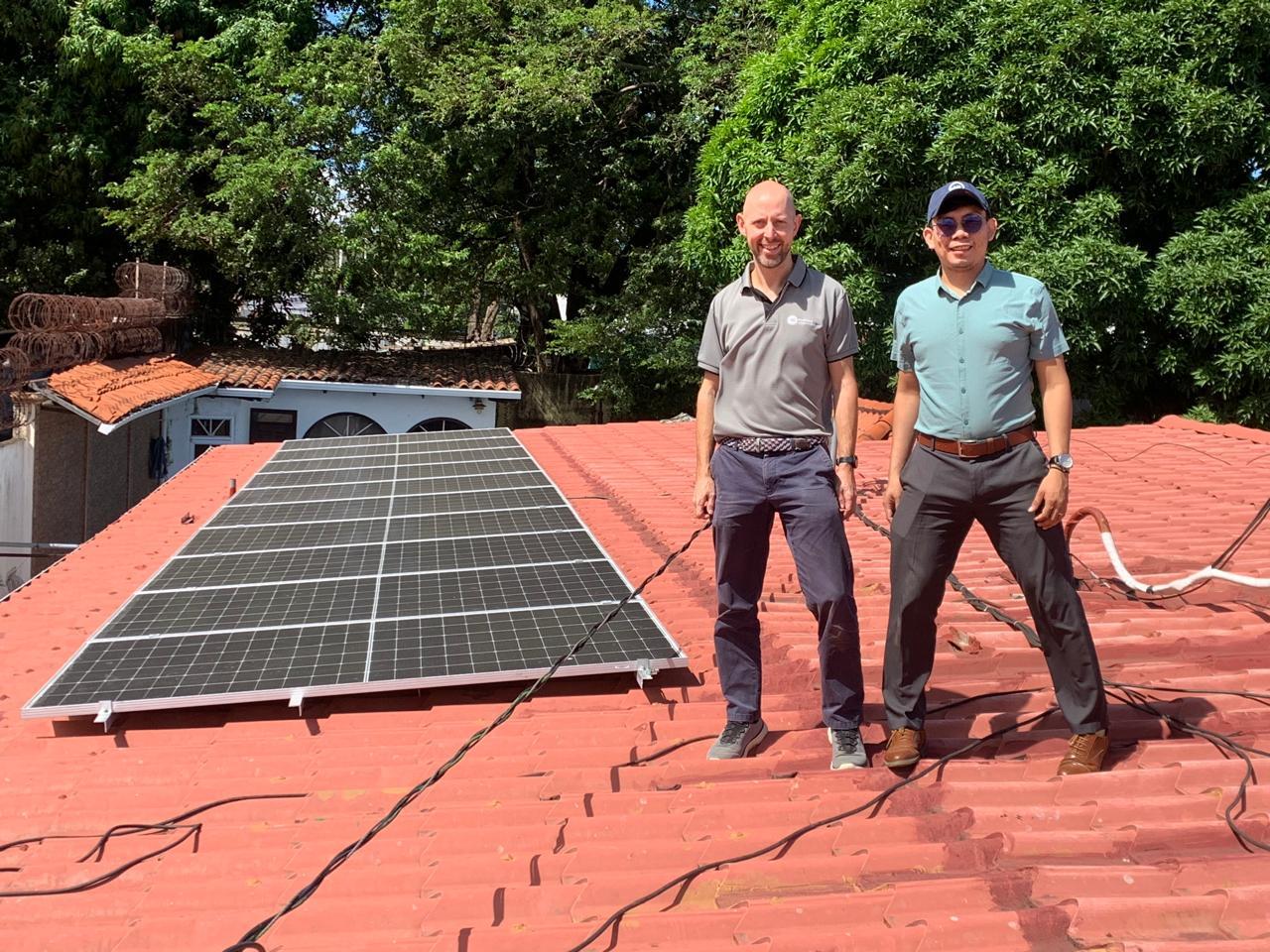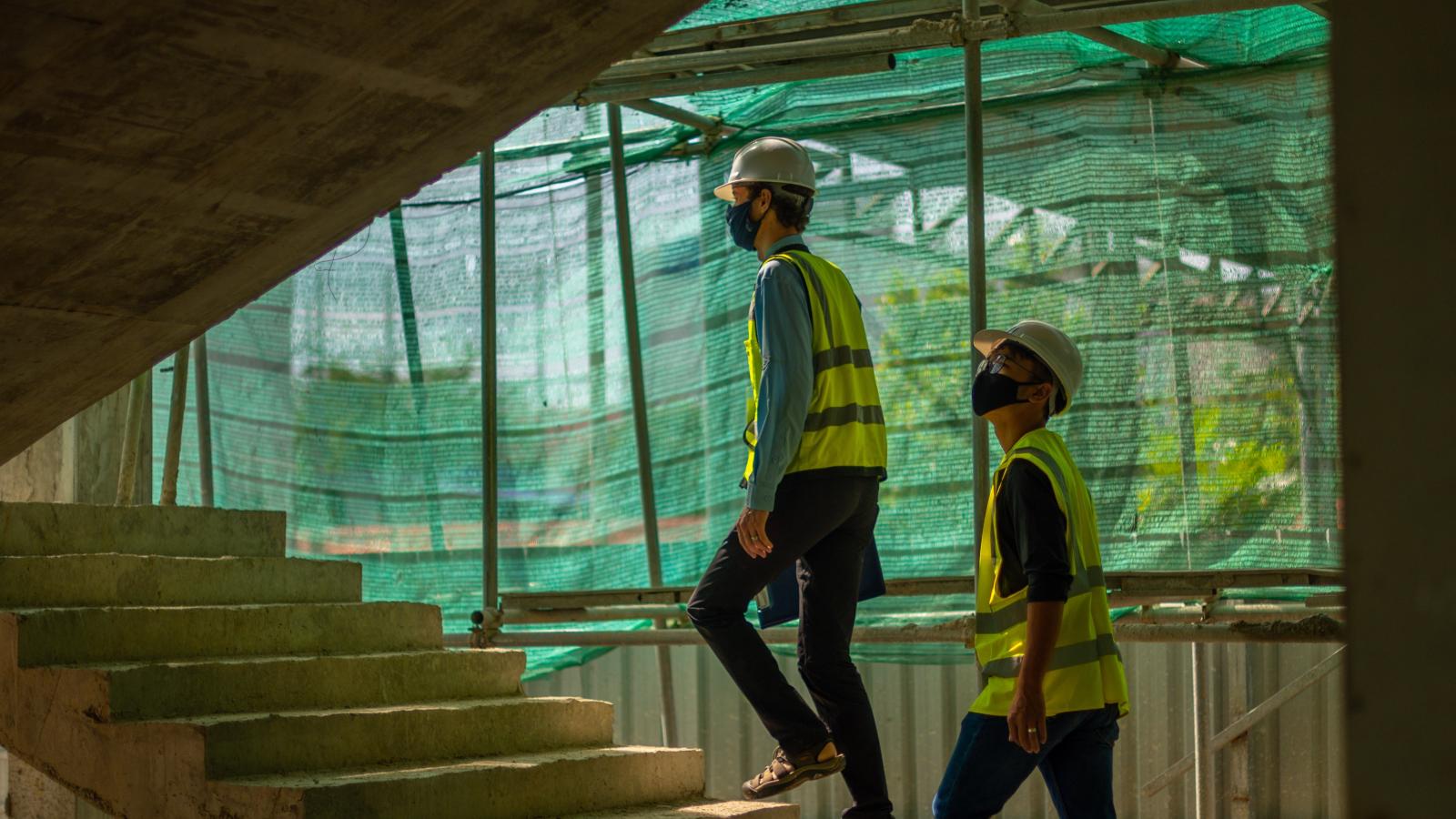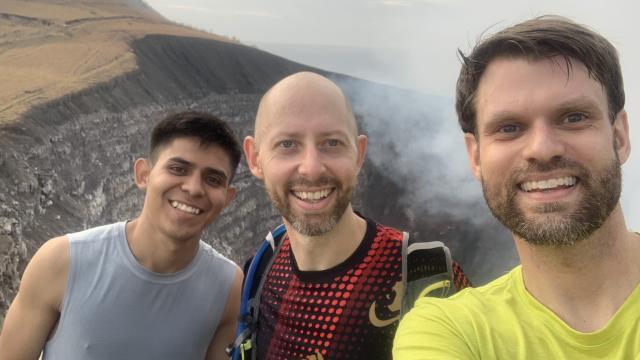At EMI UK, we understand that getting on a plane to serve God in a different country can feel like a big step. It’s easy to think it takes something special to serve God in a different country, or you have to feel like a “missionary”, but it’s doesn’t actually take anything special. EMI is not extraordinary people. It’s ordinary people who are willing to go out of their way, and the results are extraordinary.
If you have thought about volunteering with EMI on a project trip, internship or joining us as staff, but can’t imagine how it would work let us answer some of the questions you might already be asking. If you’ve still got questions afterwards, please contact us at info.uk@emiworld.org . We’ll happily talk any questions through with you.
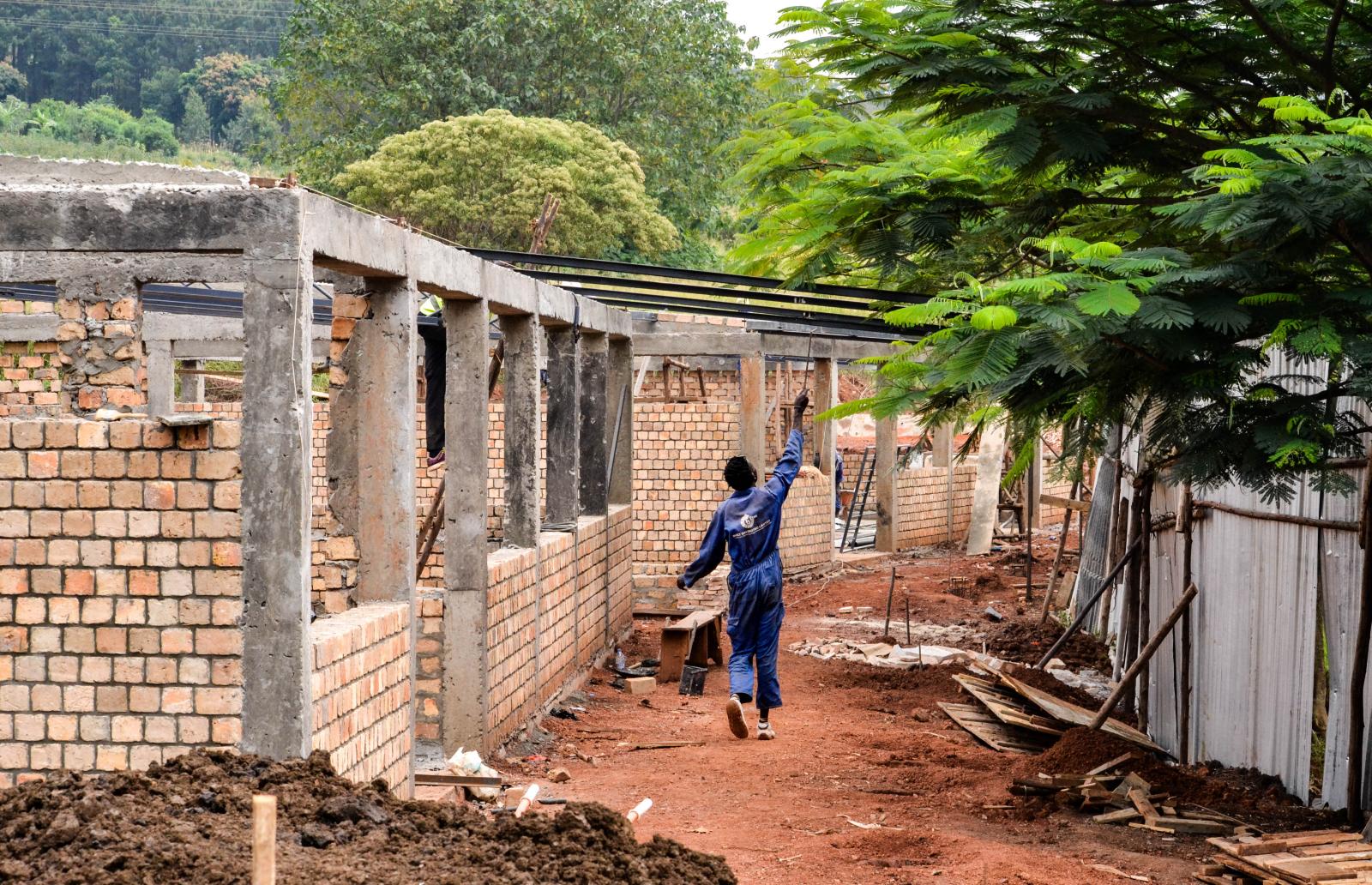
What if I’ve never travelled out of Europe before?
If it’s your first time outside of Europe, one of the biggest things you’ll notice will probably be the cultural differences. Depending on the destination you’re going to, there might be differences in how people interact and communicate with each other; what might be considered offensive or inoffensive; leadership and management styles; or how people approach time. It’s important to remember that a Western point of view isn’t the ‘correct’ point of view, it’s just what we’re used to here, and the people of the culture you’re travelling to will feel their culture is as normal to them, as yours is to you. Be opened minded and curious, but also yourself. People respond well to authenticity, and you’ll likely have faith in Jesus in common with the ministry you’re serving, and that’s as good a place to start as any.
If you’re particularly interested in how the gospel might be perceived in different cultures, consider doing some reading before you go. The 3D Gospel by Jayson Georges is a great resource - you can find it here: https://honorshame.com/3dgospel/. There’s also a helpful youtube video which explains some of these principles - find it here: 3D Gospel: Guilt-Innocence, Honor-Shame, and Fear-Power Worldviews.
There’s beauty in different cultures which is hard to grasp without seeing it in person. So be aware, and remember to love as Jesus loved – generously and without prejudice.
In terms of practical differences, you will receive a briefing document giving you details of the trip logistics, including a ‘kit list’ from your project leader and any specific requirements for your trips e.g. visa guidance, any vaccinations you might need in advance of travelling or health precautions to take. Our UK staff will support you with online safeguarding training[MC3] , any finance questions and we will run through a risk assessment with you which should prepare you before you go. When you get back you’ll have a debrief with our team as well.
If you’ll be part of a project trip, your team will likely have members who are local and internationals, so you won’t be alone in being in a foreign culture. Projects trip are often quite intense, with lots to do in a short space of time. They are stretching in many ways, but your project leader will be able to support you through it, as well as other team members. There will also be regular devotions throughout your trip to help stay focussed on why you’re there.
How do my specialist design skills apply in a developing context?
The practicalities of design or engineering needs are likely to be different to what we’re used to here, but having a particular specialty shouldn’t be a limiting factor. We’ve found that most engineers (for example) have a mindset and approach to solving problems which will allow you to be useful regardless of your specialty at home. As long as you’re open and adaptable to the problems you come across, and willing to learn from expertise within your team, you’ll be useful!
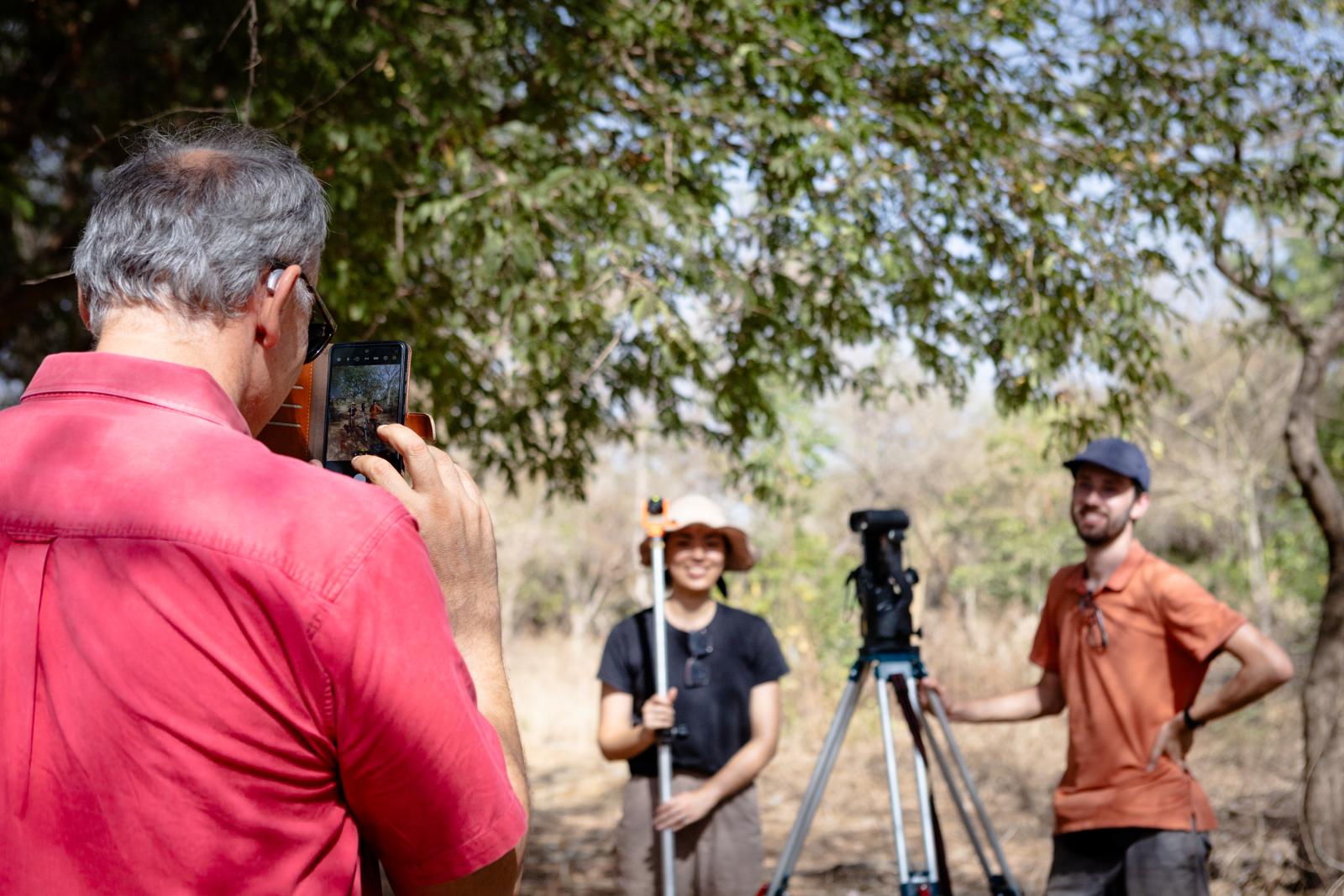
How do my regionally based design skills apply to a foreign context?
There will be many differences between work in the UK and the context of an EMI project, but we do want all our designs to be appropriate to their context. You might be able to do some ‘homework’ beforehand and find out some information about best practice in the location you’ll be working in, but you’ll also be briefed about local methods of construction, materials, and design approaches by a local office or more experienced team members. Depending on the discipline there might be an EMI design guide to aid you with technical information required for your specialty in that context. UK professionals have lots of useful experience, but it’s important not to assume we have the most knowledge in the room. Be willing to learn from local professionals that are part of your team, and who might have relevant experience that you don’t have. If there’s an EMI office ‘in country’ you should also get some feedback before you finish the trip and go home as well.
Is it okay to have not done an EMI trip before?
Absolutely! Everybody has to do their first trip at some point so don’t worry. EMI are used to new people coming on board so you’ll be well supported as you learn the ropes and get settled in.
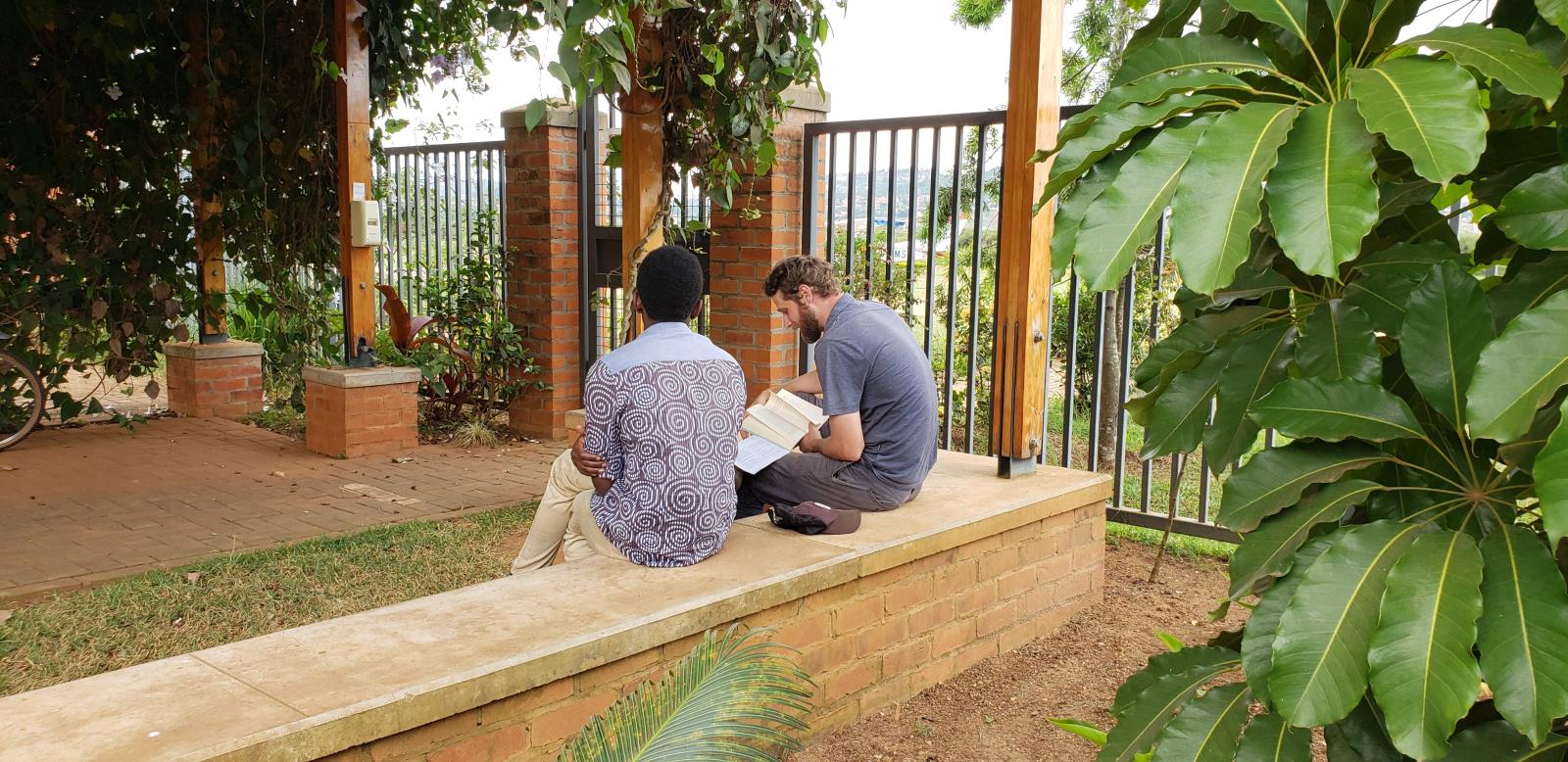
Do I have enough experience to be useful as a university student or early career professional?
If you’re still in university, you’re probably not ready to step straight into a project trip. It’s really important to us and to our clients that our work is done to a high standard by qualified and competent professionals. We want to avoid supporting ‘voluntourism’ (where unskilled volunteers are taking work away from skilled locals in need of work), so we don’t encourage students who haven’t graduated to act as design professionals for EMI. We would encourage you to consider our internship programme – open to students with one year (or less) of their undergraduate studies remaining, or for recent graduates. Internships have more of an emphasis on support and learning, and developing your skills at the start of your career.
As an early career professional, you should have all the learning and skills that are applicable to a project trip. You’ll likely learn a lot from more experienced team members, but you’ll still be able to contribute, and there’s always benefit to having fresh ideas and younger more technically able members as part of a team.
How does EMI address the ethical risks of cross-cultural mission?
This has been a really important question for EMI as the organisation has grown over the last 43 years. We don’t claim to be perfect but we do believe that avoiding cross-cultural mission because of the risks associated with it, isn’t the best solution. Here are some examples of the risks:
- Taking a historic attitude - imposing our knowledge and design preferences on people of another culture, therefore devaluing the knowledge and experience of local professionals or the end user
- ‘Voluntourism’ - Inexperienced volunteers producing low quality work, and taking work away from locals in the process
- Responding inappropriately to the need in the situation without understanding the context.
- Making ourselves feel great by doing something ‘helpful’ which actually causes more harm than good to the end users.
Many well intentioned missionaries have made these mistake in the past. If you’re interested in learning more about these issues, we would recommend reading ‘When Helping Hurts’ by Steve Corbett and Brian Fikkert - find it here: https://www.eden.co.uk/christian-books/christian-living/social-issues-and-responsibility/when-helping-hurts/
Here are some of the ways EMI strives to do as well as we can in this area:
- On an EMI trip, if you’re a design professional, you’ll do work you’ve trained to do and that you have experience in. Where it’s contextually appropriate we also have EMI staff who train local workers eg. In safe construction.
- We aim for diversity within all our teams and want to ensure we have the right experience for the project. We work across cultures but also age and ranges of experience. We want to raise up young leaders through working with more experienced professionals, but we don’t have students working on our projects and certainly not without supervision. We want to ensure our work is to a high standard, and we seek to serve where there is genuine need that we can meet, rather than taking work away from local professionals.
- We have an approach of all people to all places – not just ‘the west to the rest’. From our perspective in the UK it might look like that, but we actually have people from all over the world working in our different offices eg. Staff from the Middle East working in Latin America. We also partner with organisations which help to mobilise people, including those mobilising design professionals from West Africa to serve elsewhere.
- We encourage EMI volunteers and staff to have a positive attitude to diversity and be culturally aware of context they’re working in and cultural differences. We want to approach EMI’s work with an attitude of learning and love based on our faith. Obviously with so many volunteers involved, this isn’t guaranteed to be perfect, but we want to do what we can do well and use our knowledge to serve our brothers and sisters who don’t have access to the same education and experience that we do. We aim for unity between different cultures in our teams, rather than a hierarchy of one culture over another.
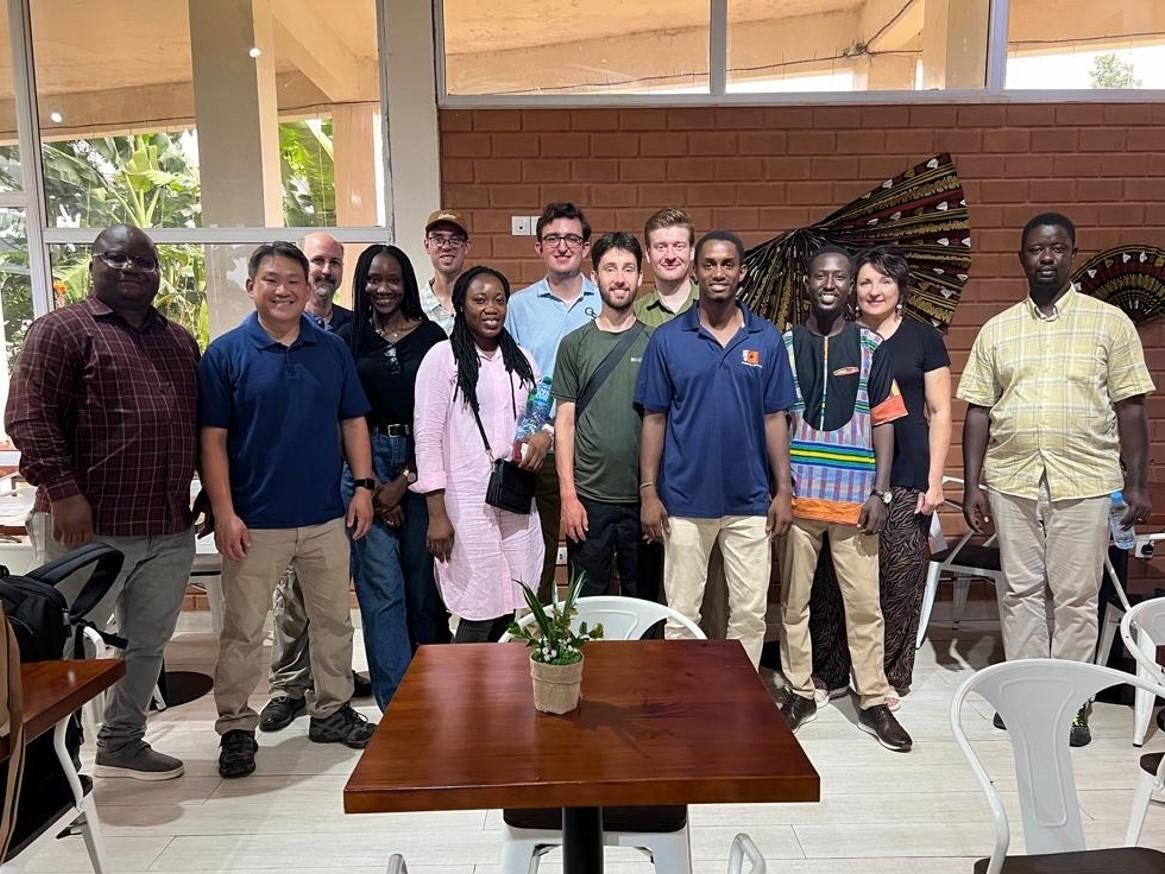
What about the costs? - I can’t afford £1000’s
Doing work like this isn’t like being employed in private practice. It does come with a cost, but people in the UK are often in a much more fortunate position than our brothers and sisters in developing countries who we serve. We offer the services we do because our volunteers and interns are often able to cover their costs and volunteer their time, so we do ask that. Most people look to their Church, or friends and family for some financial support, but EMI can also help guide you through the process of getting your Church to ‘send’ you, meaning they might offer you prayer support, as well as financial.
What happens if I don’t get accepted to a project trip?
The Team leader’s role is to assemble a team that has all the necessary skills and experience for that specific trip – so regrettably sometimes you might not be accepted. If that happens, please don’t give up – try again with another project. God might just be saying ‘not yet’.
Project trips happen throughout the year and new ones are being added all the time. Look out for ones where the Client Ministry appeals to your interests, think about which countries and languages you might have an affinity for (most project trips will function in English but sometimes the Ministry Client will converse in Spanish or French). Then apply and pray!
What about sustainability?
EMI is committed to caring for creation, both through the projects it designs and in the way it works. A global creation care working group are considering how to grow this area of our work with more training and resources. This year we have an exciting series of webinars taking place (register for the next one here) considering different aspects of sustainable design that are relevant in different contexts.
